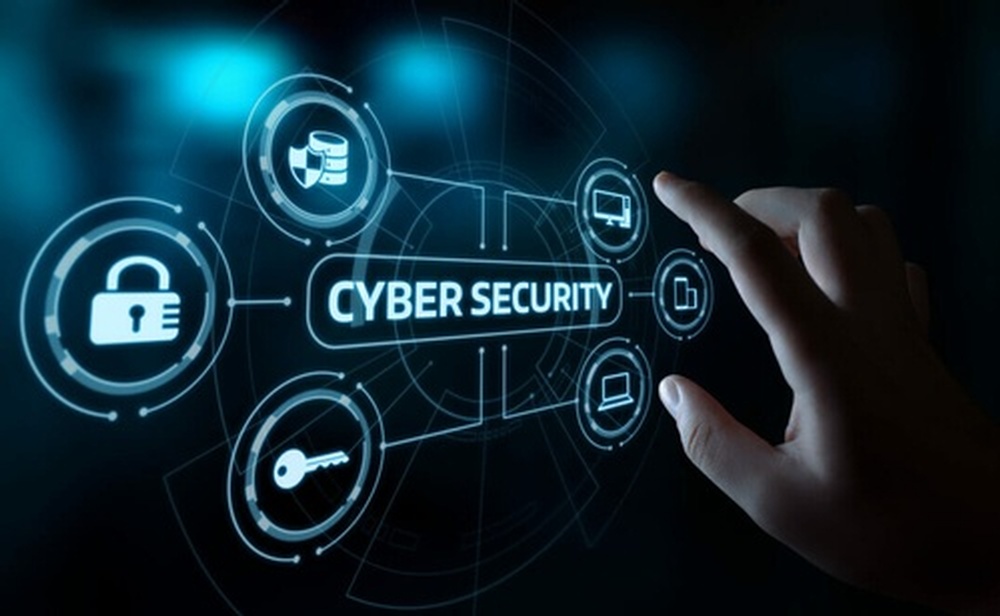Cybersecurity Made Simple: Tips to Protect Your Data Online
- Loxicom
Categories: cyber security cybersecurity dapps decentralization ethernet cables IT Services Company IT Support Password safety PC Management security Security Surveillance

Cybersecurity is an issue that affects us all in today's digital age. With so much of our personal and professional lives taking place online, taking steps to protect ourselves and our data from cyber threats is imperative. In this article, we'll cover some practical steps anyone can take for improved home cybersecurity.
Maintain Your Software Up-To-Date
One of the simplest ways to increase your cybersecurity is keeping all of your software up to date - including your operating system, web browser and any other programs you use regularly. Upgrades often contain security patches which address known vulnerabilities; staying current reduces the likelihood of being hacked.
Utilize Strong Passwords and Two-Factor Authentication
A major step you can take to enhance your cybersecurity is using strong passwords and enabling two-factor authentication whenever feasible. A strong password should be at least 12 characters long, contain both uppercase and lowercase letters, numbers, and symbols. Two-factor authentication adds another layer of protection by requiring you to enter a code sent directly to your phone or email in addition to entering in your password.
Be Careful With Email
Email can be a vulnerable target for cyber attacks, so it is essential to exercise caution when opening and responding to emails. Don't click on links or download attachments from unknown senders, and be wary of emails asking for personal information. If in doubt whether an email is genuine, contact the sender directly before taking any action.
Utilize Antivirus Software
Antivirus software can shield your computer from malware and other cyber threats. There are both free and paid options, so find one that meets both your budget and needs. It is essential to keep the antivirus software up to date by running regular scans in order to detect any hidden threats.
Backup Your Data
Backing up your data is essential in case your computer gets hacked or corrupted. There are various options for doing this, such as external hard drives, cloud storage services and backup software. Select one that best meets your needs and budget while making sure to regularly backup all of your files.
Utilize a VPN
A virtual private network (VPN) can protect your online privacy by encrypting your internet connection and routing it through an encrypted server, making it more difficult for hackers to intercept data or monitor online activities. There are various free and paid VPN services available; select one that meets both your needs and budget.
Be Mindful of Social Media
Staying connected to friends and family on social media can be an enjoyable way to stay connected, but it also presents potential cyber risks. Exercise caution when sharing personal information such as full name, address, and birthday on these platforms; make sure only trusted parties see this data by reviewing your privacy settings.
Finally, always exercise common sense when it comes to your cybersecurity. If something seems too good to be true, it likely is; don't click on any suspicious links or download unknown software. Be wary of emails and phone calls asking for personal information, and always err on the side of caution when it comes to online safety.
In conclusion, cybersecurity may seem like a complex topic to tackle, but there are simple steps you can take to safeguard yourself and your data. By keeping software up-to-date, using strong passwords with two-factor authentication, being cautious when sending email, using antivirus software, backing up data with a VPN, exercising caution on social media sites, and exercising common sense you will drastically reduce the chances of being hacked or otherwise compromised.